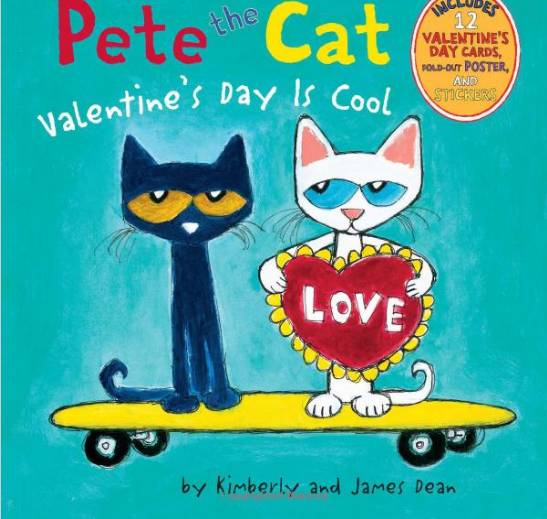Understanding "The Cat's Toy is Lost": Independent or Dependent Clause Explained
#### Description:When it comes to mastering the intricacies of English grammar, the distinction between independent and dependent clauses is crucial. In thi……
#### Description:
When it comes to mastering the intricacies of English grammar, the distinction between independent and dependent clauses is crucial. In this article, we will explore the phrase **the cat's toy is lost independent or dependent clause**, dissecting its components and providing you with a comprehensive understanding of how clauses function within sentences.
An **independent clause** is a group of words that can stand alone as a complete sentence. It contains a subject and a verb and expresses a complete thought. For instance, in the phrase **the cat's toy is lost**, we have an independent clause. Here, "the cat's toy" serves as the subject, and "is lost" is the verb phrase. This clause can stand alone and conveys a clear message: the toy belonging to the cat is no longer in its possession.

On the other hand, a **dependent clause** cannot stand alone as a complete sentence. It relies on an independent clause to provide context and meaning. For example, consider the dependent clause: **when the cat plays**. This clause introduces a condition but does not form a complete thought on its own. To make it complete, we would need to attach it to an independent clause, such as: **the cat's toy is lost when the cat plays**. In this case, the dependent clause provides additional information about the circumstances under which the toy is lost.
Understanding these two types of clauses is essential for anyone looking to improve their writing skills. By recognizing the difference between independent and dependent clauses, you can construct more complex and nuanced sentences. This skill is particularly valuable in academic writing, where clarity and precision are paramount.

Moreover, the phrase **the cat's toy is lost independent or dependent clause** can serve as a great example for students and writers alike. It highlights the importance of context in understanding the meaning of a sentence. When you encounter a sentence, ask yourself: Is this clause independent, or does it depend on another clause to convey its message? This question can guide you in your writing and help you create more effective sentences.
In conclusion, mastering the difference between independent and dependent clauses is a fundamental aspect of English grammar. The phrase **the cat's toy is lost independent or dependent clause** encapsulates this concept beautifully, offering a relatable example that can help clarify the distinction. By practicing with various clauses and understanding their roles in sentence structure, you will enhance your writing skills and communicate more effectively.

Whether you are a student, a professional writer, or simply someone looking to improve your English language skills, grasping the nuances of clauses is essential. So, the next time you find yourself pondering a sentence's structure, remember the importance of independent and dependent clauses, and let the example of **the cat's toy is lost** guide you toward greater clarity in your writing.